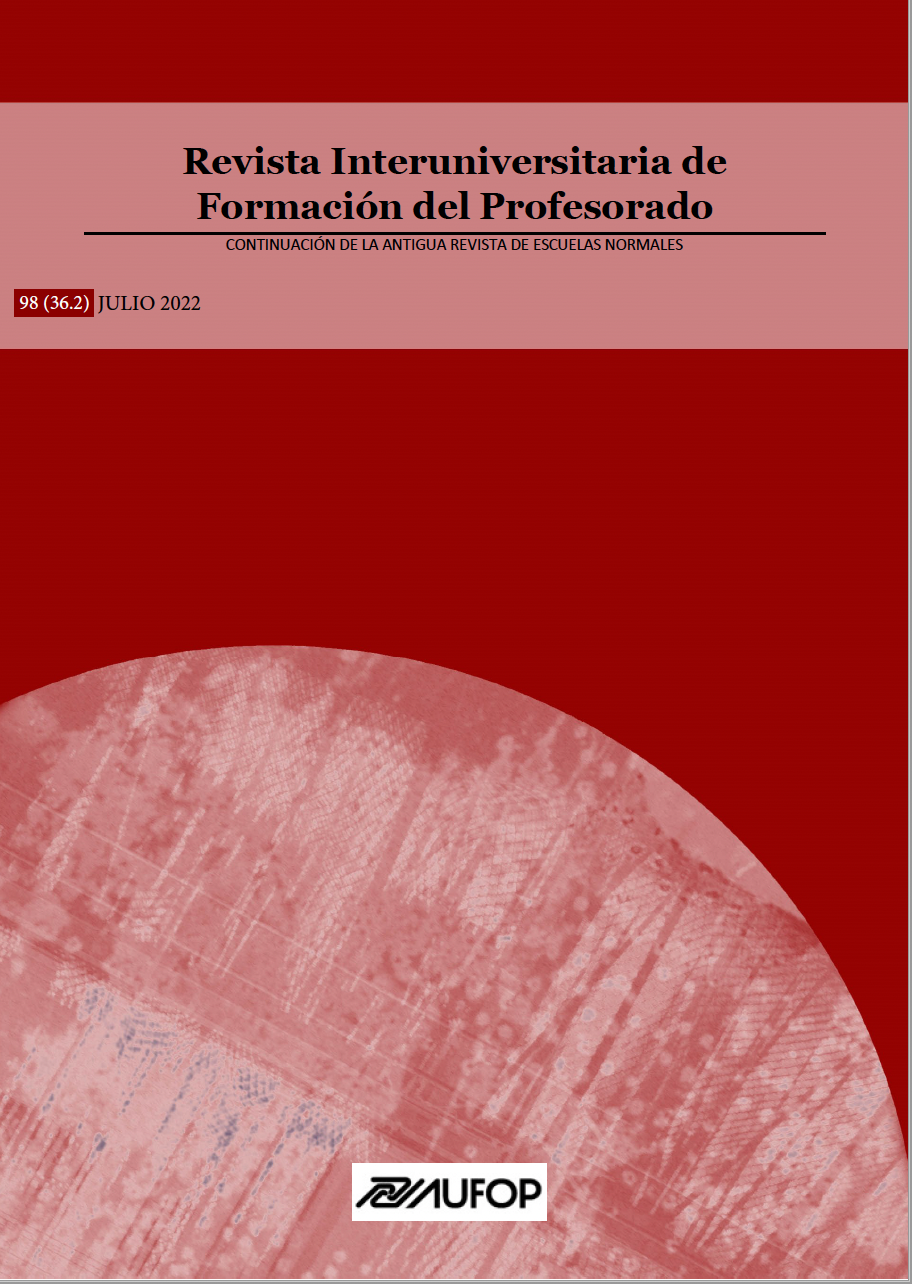Factors, outcomes, and evaluation of the impact of communities of practice on the development of technological competencies in higher education. A systematic literature review
DOI:
https://doi.org/10.47553/rifop.v98i36.2.90739Abstract
Higher education institutions are seeking to define professional development programs that encourage their teachers to develop practices adjusted to the demands of 21st century society, and communities of practice are one possibility. This article synthesizes the factors involved in the conformation of communities of practice, the results and forms of evaluation of the impact of experiences published in scientific journals between 2012-2021. The interest was focused on communities of practice for the development of technological competencies in in-service teachers in higher education. The literature review method proposed by Arlene Fink was applied and guiding questions, search conditions, criteria and procedures applied to select 14 articles for the inductive analysis, from an initial base of 282, are described. Among the results, it is found that communities of practice facilitate teacher empowerment and the improvement of attitudes towards technology, provide support to overcome the perception of loneliness when venturing into technologies, exchange knowledge on best technological and teaching practices, encourage reflections and modifications on teaching practice and favor the generation of academic and professional links. Some of the gaps identified are the lack of research on impact evaluation, the relationship between the duration of the intervention and the results obtained, as well as a deficit in the publication of experiences in Spanish associated with communities of practice in higher education.
Downloads
Published
How to Cite
Issue
Section
License
The "Revista Interuniversitaria de Formación del Profesorado (RIFOP)", with ISSN print 0213-8646 and ISSN electronic 2530-3791), adheres to the copyright notices proposed by Creative Commons
Authors’ rights
Papers published in the journal are subject to the following terms:
1. The Asociación Universitaria de Formación del Profesorado (AUFOP) is the editor of the RIFOP and holds the copyright of the papers published therein. The reuse of these is allowed under the license for use as indicated under point 2.
© Asociación Universitaria de Formación del Profesorado (AUFOP)
2. The papers are published in electronic version under the license CreativeCommons Reconocimiento-NoComercial-SinObraDerivada 3.0 España (texto legal). Papers can be copied, used, disseminated, transmitted and publicly exhibited provided that: i) the authorship and original publication source are cited (journal, editors and URL of the paper); ii) they are nit used for commercial gain; iii) the existence and specifications of the license for use are mentioned.
3. Auto-archiving conditions. Authors are allowed and encouraged to disseminate electronic pre-print versions (versions prior to peer review) and/or post-print (versions reviwed and accepted for publication) of their papers prior to their publication, since this favors prompt circulation and dissemination and supposes a possible increase in cites and scope within the academic community.
Privacy declaration
The names and email addresses incorporated into this journal will be used solely for the declared purposes of the journal and will not be available for any other purposes or to third parties.






